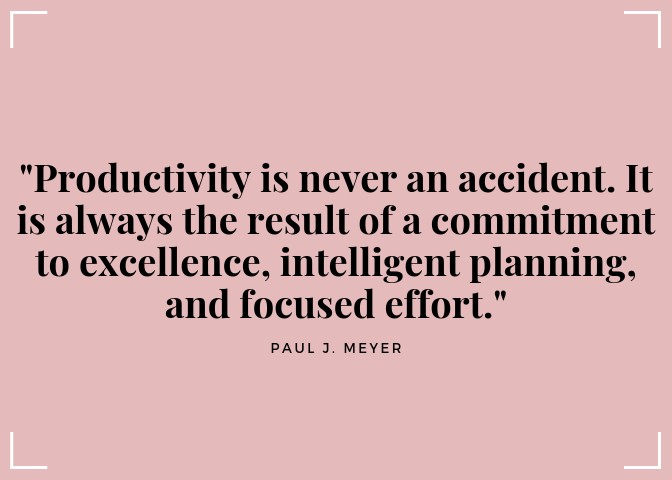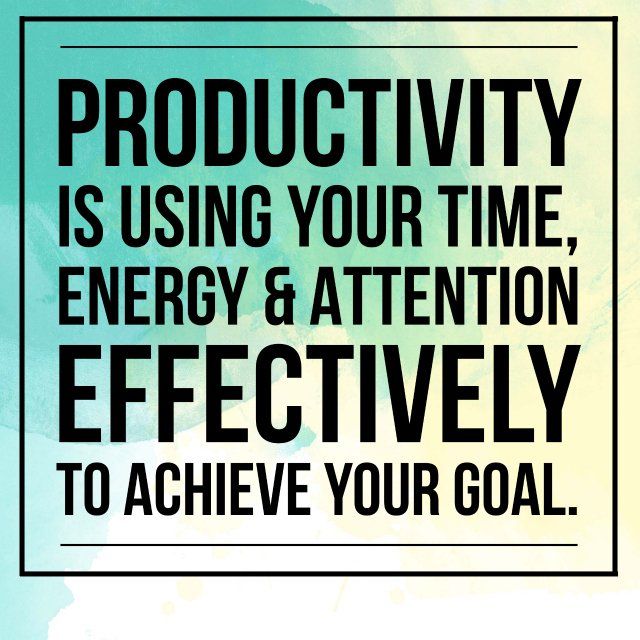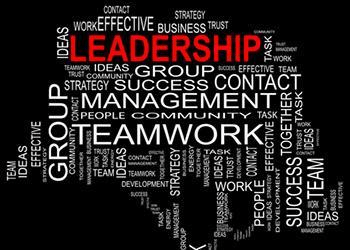7 Tips for Writing an Exceptional Grant Report

The end of the year is rapidly approaching. For most nonprofit staff with development responsibilities, that means two things – year end giving appeals and year end grant reports.
Some funders are very precise with their reporting requirements. They provide you with a list of questions or forms to complete. Others are more ambiguous, merely requiring that you submit a report on the outcome of the grant at the end of the grant period. What do you include in these general grant reports?
There are seven things that every grant report should include:
- Start the grant report off on the right note by addressing it to the person listed on the award letter. The award letter may provide direction for who you should submit the grant report to. If it does not, submit the grant report to the person who signed the grant letter. This may be an officer/trustee of the foundation. It may also be a staff member at the foundation who is responsible for administering your grant.
- Say “thank you.” Your report should start and end with a clear, simple statement of thanks to the funder.
- Refer back to the Goals and Outcome Measures in your original proposal, and provide data about the outcomes. Did you achieve all of the goals you set for your program or organization? If you fell short of a goal, is there a reason you didn’t meet the goal? Are you making progress toward the goal and will achieve the desired outcome in the near future? Share your data with the funder. Celebrate your successes and progress, and be honest about areas where you have room for growth. Funders recognize that goals and outcome measures are forecasts that will not always be achieved. If an organization does not meet its goal(s), funders want to know about lessons learned along the way that will improve the outcomes in the future.
- Provide budget details. If you received a grant for a specific program, your grant report should include details about how the funds were utilized. This could include copies of receipts for items purchased (if there are only a few, an itemized spreadsheet detailing grant expenditures, and/or an income/expense statement for the program showing the program budget at the end of the year compared with the anticipated budget submitted to the funder. If grant funds were for general operating expenses, a final income/expense statement for the program or organization with budget categories that align with the categories in the budget submitted in the original grant application should be submitted with the grant report.
- Client testimonials or impact stories. You told the funder about the impact of their grant dollars using data, but you also need to humanize the impact. Quotes from clients or brief stories about how the funded program or purchased equipment made a direct impact in someone’s life help explain the impact of the funds in a more meaningful way. Be sure the testimonial is different than what was in your original grant application. Ideally, you want to include a success story that is new and specifically focuses on the funder’s donation
- Pictures and videos are worth more than a thousand words! Intersperse pictures of program participants with captions explaining the use of grant funds, if necessary, throughout your grant report. Utilize current technology by adding a link to a video tour of your program site, the new playground grant funds built, or the community event that the grant funded. Allowing funders to see their grant in action is a very effective reporting tool. A video does not need to be professionally produced. A video you shoot on your smartphone or a slideshow of photos may be just as impactful if the images are clear.
- Follow directions. The funder may not have given you a detailed list of questions, but they did ask for a final report. Did they give you a deadline? Did they ask for it to be submitted by email or by postal mail? If there are any directions related to the final report in the award letter, follow them precisely. If you are uncertain about when or how to submit the final report, contact the foundation and ask.
Whether you are submitting a final report through a detailed list of funder questions or a general submission at the end of the grant year, be honest. If your program was an overwhelming success and exceeded every goal and metric, celebrate that in the grant report. If your organization experienced unanticipated challenges during the grant year that limited your capacity to fully launch an initiative, tell the funder about it. Funders want to celebrate with you. They also understand that nonprofits experience challenges that curtail projects or limit growth. If you report accurate information to funders, you will foster healthy relationships and are more likely to receive additional funding in the future.


#PathwaysToGrowth
All Rights Reserved | Pathways To Growth









